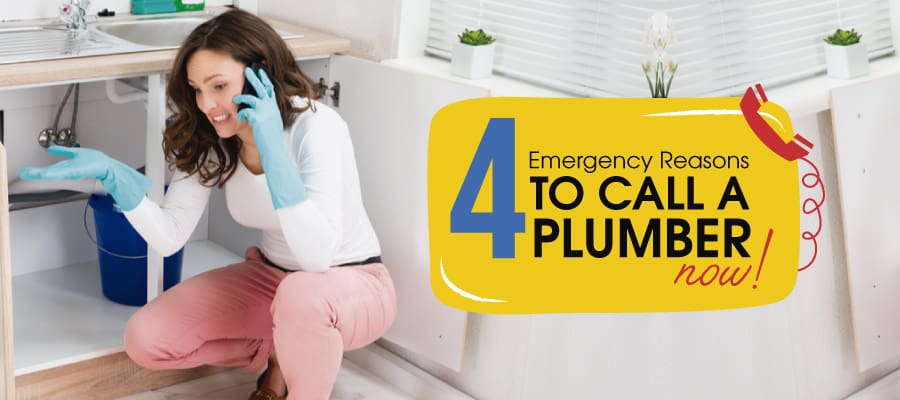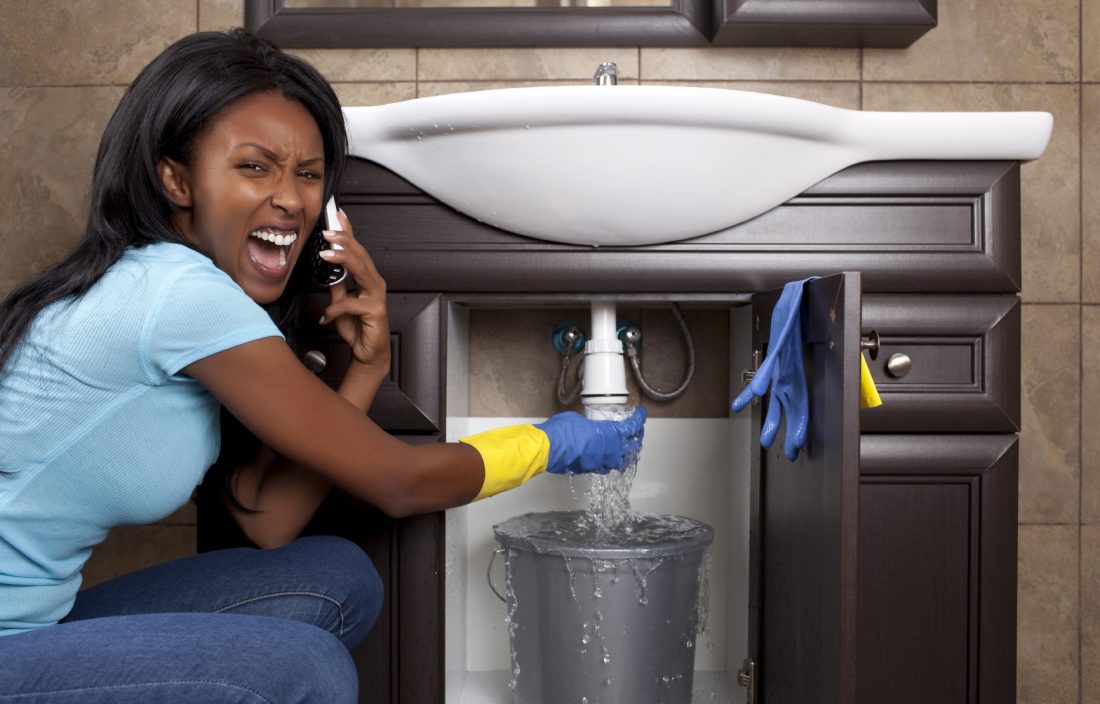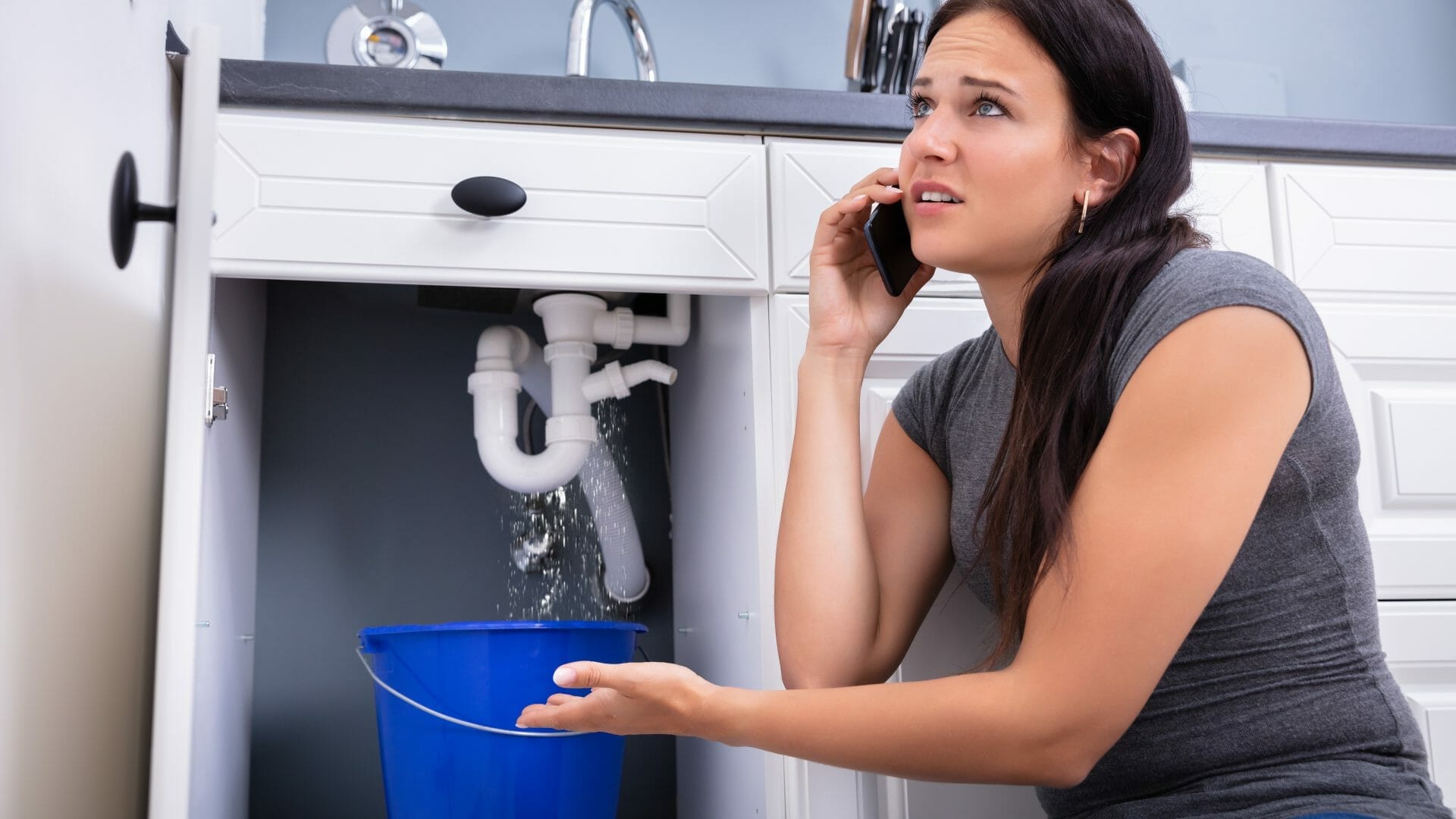1. Check the water supply
If your kitchen sink water won't turn back on, the first thing you should do is check the water supply. It's possible that there is an issue with the main water line or a water outage in your area. To check this, simply turn on a faucet in another room and see if there is any water coming out. If there isn't, then the problem is likely with the water supply and you should contact your water provider for assistance.
2. Check the water valve
If the water supply seems to be working fine, the next step is to check the water valve. This is the valve that controls the flow of water to your sink. It is usually located under the sink and can be turned on or off. Make sure the valve is fully open by turning it counterclockwise. If it is already open, try closing it and then opening it again to see if that helps restore the water flow.
3. Check the faucet
If the water valve is open but the water still won't turn on, the issue could be with the faucet itself. Check the faucet for any visible damage or clogs. If you have a single-handle faucet, make sure the handle is in the "on" position. If you have a double-handle faucet, make sure both handles are turned on. If you notice any leaks or damage, it may be time to replace the faucet.
4. Check the aerator
The aerator is a small screen at the end of the faucet that helps regulate water flow and prevent splashing. Over time, it can become clogged with debris, reducing the water flow. Try unscrewing the aerator from the faucet and cleaning it with a toothbrush or small brush. Then, reattach it and see if the water flow has improved.
5. Check the pipes
If the problem still persists, it's possible that there is a blockage in the pipes that is preventing the water from flowing properly. You can try using a plunger to clear any clogs or using a drain snake to remove any debris caught in the pipes. If these methods don't work, it may be necessary to call a plumber to inspect and fix the issue.
6. Check the water pressure
Another common cause of low water flow in the kitchen sink is low water pressure. You can check the water pressure by using a pressure gauge or by simply turning on all the faucets in your home and seeing if the water flow is affected. If the pressure seems low, you may need to adjust the pressure regulator or call a plumber to fix any underlying issues.
7. Check the water heater
If you only have low water flow in your kitchen sink, but the rest of the faucets in your home are working fine, the issue may be with your water heater. Check the temperature setting on your water heater and make sure it is set high enough to provide adequate water flow. If the issue persists, it's best to call a professional to inspect and repair your water heater.
8. Check the garbage disposal
If you have a garbage disposal installed in your kitchen sink, it's possible that it could be causing the water flow issue. If the disposal is clogged or not functioning properly, it can prevent water from flowing through the sink. Try running the disposal to see if it clears any clogs or debris. If the problem persists, it may be necessary to call a plumber to repair or replace the disposal.
9. Check the water filter
If you have a water filter installed in your kitchen sink, it's important to check it regularly and replace it as needed. A clogged or dirty filter can greatly reduce water flow and affect the water pressure. If you notice that your filter is dirty or hasn't been replaced in a while, try replacing it to see if that improves the water flow.
10. Call a plumber
If you've tried all of the above steps and your kitchen sink water still won't turn back on, it may be time to call a professional plumber. They will have the necessary tools and expertise to diagnose and fix any underlying issues with your plumbing system. Don't hesitate to contact a plumber if you're unable to fix the issue on your own.
In conclusion, there are several potential reasons why your kitchen sink water won't turn back on. By following these 10 tips, you can troubleshoot and fix the issue yourself or know when it's time to call a professional for assistance. Remember to regularly maintain your plumbing system to prevent future issues and ensure a smooth water flow in your kitchen sink.
Why Won't My Kitchen Sink Water Turn Back On?

Possible Causes and Solutions
 If you're experiencing issues with your kitchen sink water not turning back on, you're not alone. This is a common problem that many homeowners face. However, it can be frustrating and inconvenient, especially if you rely on your kitchen for daily tasks such as washing dishes and preparing meals. So, what could be causing this issue and how can you fix it?
1. Clogged Pipes
One of the most common causes of a kitchen sink water not turning back on is clogged pipes. Over time, debris such as food scraps, grease, and soap scum can build up in your pipes, causing them to become blocked. This can prevent water from flowing freely and cause your sink to back up. To fix this issue, you can try using a plunger or a plumbing snake to clear the blockage. If this doesn't work, it may be necessary to call a professional plumber.
2. Faulty Faucet
Another possible cause of your kitchen sink water not turning back on could be a faulty faucet. Over time, the internal parts of your faucet can wear out or become damaged, resulting in a decrease in water flow. In this case, you may need to replace the faucet or its internal components. Make sure to turn off the water supply before attempting to replace any parts.
3. Water Supply Issues
If your kitchen sink water won't turn back on, it could also be due to issues with your water supply. Check to see if there are any disruptions in your area or if your water bill has been paid. If everything seems to be in order, there may be a problem with the main water line leading to your house. In this case, it's best to contact your water company for assistance.
4. Frozen Pipes
If you live in a colder climate, frozen pipes could be the culprit behind your kitchen sink water not turning back on. When water freezes in your pipes, it expands and can cause them to burst. If this is the case, you may need to thaw out your pipes using a hairdryer or call a professional to help.
5. Other Issues
There could be other underlying issues causing your kitchen sink water not to turn back on, such as a malfunctioning water pump or a faulty shut-off valve. It's best to have a professional plumber inspect your plumbing system to identify and fix any underlying problems.
In conclusion, a kitchen sink water not turning back on can be caused by various factors, including clogged pipes, a faulty faucet, water supply issues, frozen pipes, or other underlying issues. It's important to properly diagnose the problem and take necessary steps to fix it. If you're unsure of how to handle the issue, don't hesitate to seek help from a professional plumber.
If you're experiencing issues with your kitchen sink water not turning back on, you're not alone. This is a common problem that many homeowners face. However, it can be frustrating and inconvenient, especially if you rely on your kitchen for daily tasks such as washing dishes and preparing meals. So, what could be causing this issue and how can you fix it?
1. Clogged Pipes
One of the most common causes of a kitchen sink water not turning back on is clogged pipes. Over time, debris such as food scraps, grease, and soap scum can build up in your pipes, causing them to become blocked. This can prevent water from flowing freely and cause your sink to back up. To fix this issue, you can try using a plunger or a plumbing snake to clear the blockage. If this doesn't work, it may be necessary to call a professional plumber.
2. Faulty Faucet
Another possible cause of your kitchen sink water not turning back on could be a faulty faucet. Over time, the internal parts of your faucet can wear out or become damaged, resulting in a decrease in water flow. In this case, you may need to replace the faucet or its internal components. Make sure to turn off the water supply before attempting to replace any parts.
3. Water Supply Issues
If your kitchen sink water won't turn back on, it could also be due to issues with your water supply. Check to see if there are any disruptions in your area or if your water bill has been paid. If everything seems to be in order, there may be a problem with the main water line leading to your house. In this case, it's best to contact your water company for assistance.
4. Frozen Pipes
If you live in a colder climate, frozen pipes could be the culprit behind your kitchen sink water not turning back on. When water freezes in your pipes, it expands and can cause them to burst. If this is the case, you may need to thaw out your pipes using a hairdryer or call a professional to help.
5. Other Issues
There could be other underlying issues causing your kitchen sink water not to turn back on, such as a malfunctioning water pump or a faulty shut-off valve. It's best to have a professional plumber inspect your plumbing system to identify and fix any underlying problems.
In conclusion, a kitchen sink water not turning back on can be caused by various factors, including clogged pipes, a faulty faucet, water supply issues, frozen pipes, or other underlying issues. It's important to properly diagnose the problem and take necessary steps to fix it. If you're unsure of how to handle the issue, don't hesitate to seek help from a professional plumber.
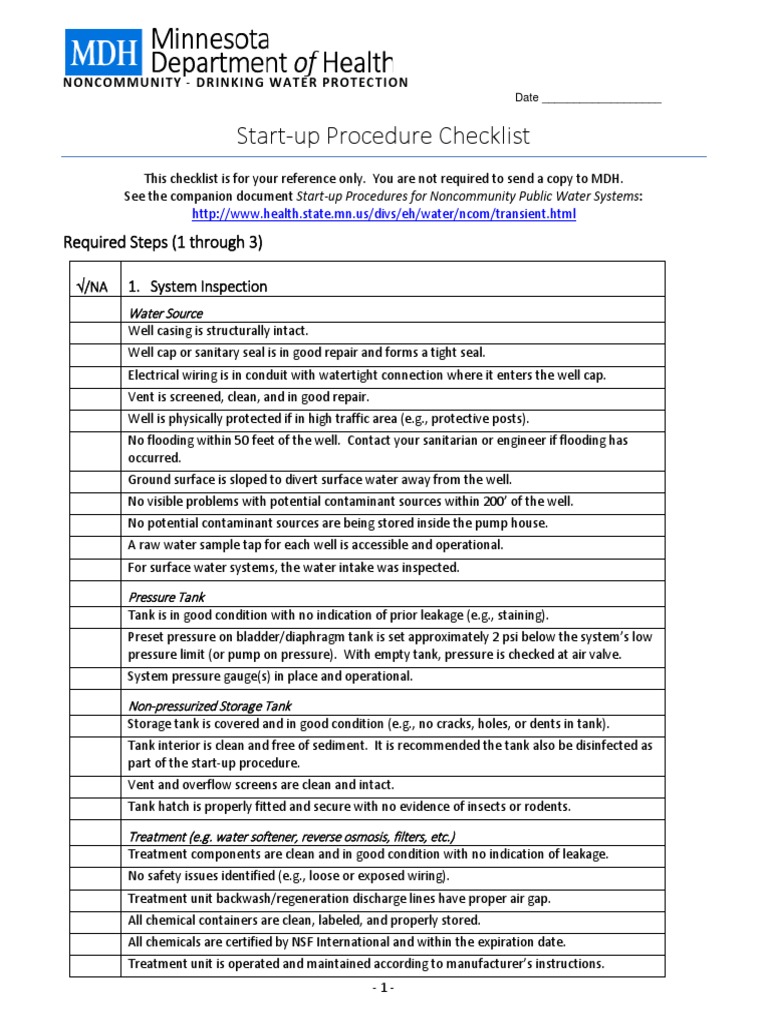


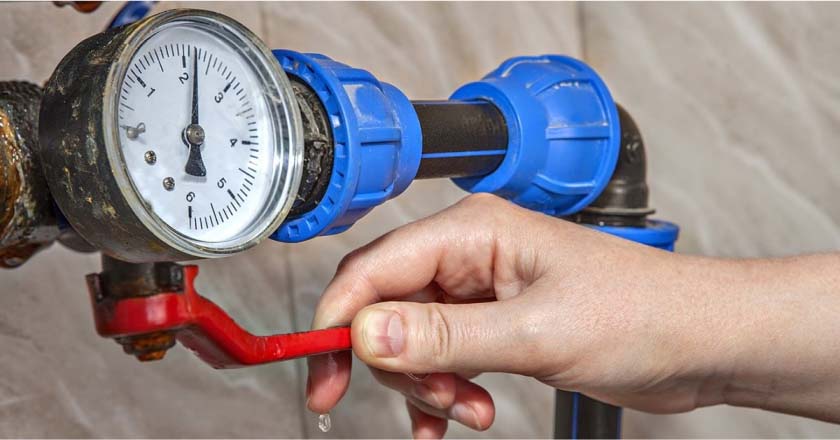
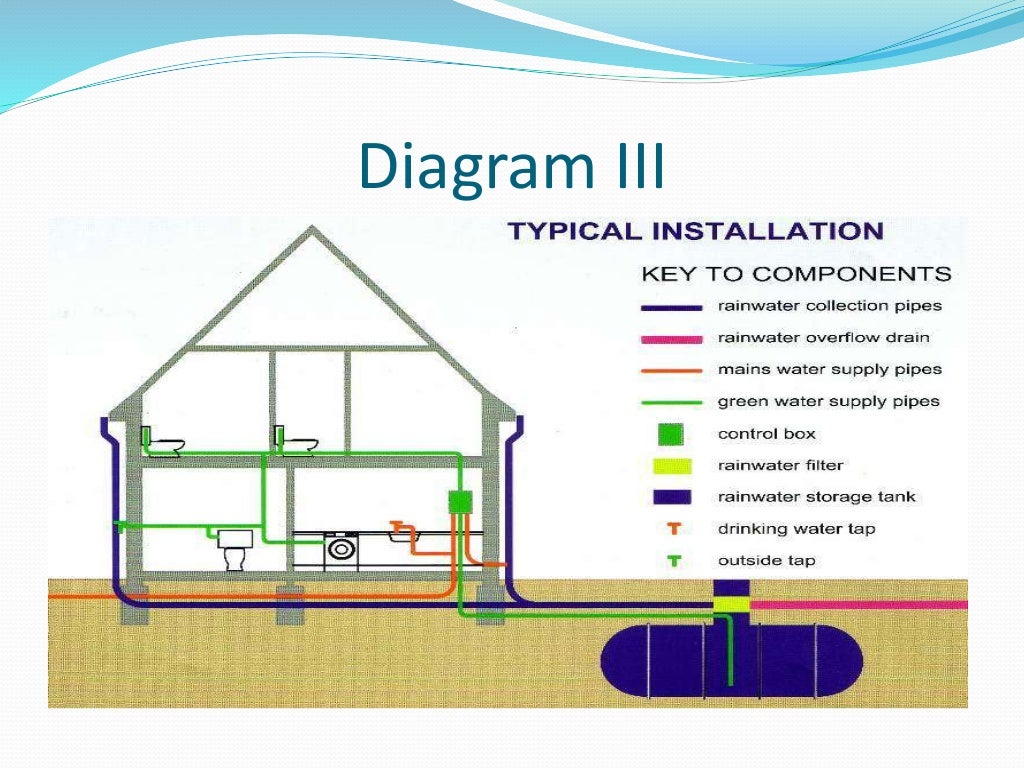


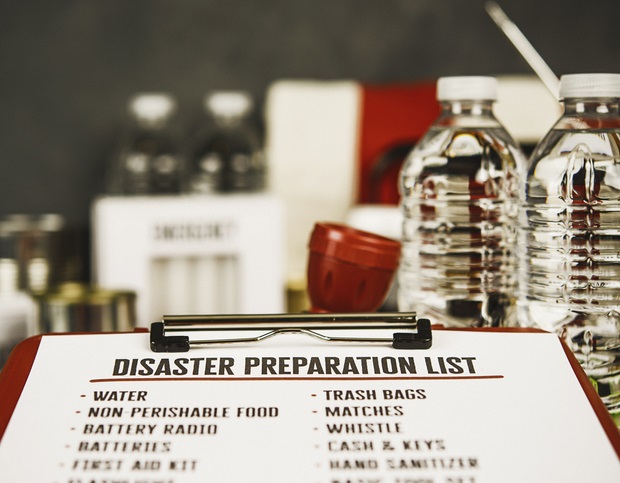





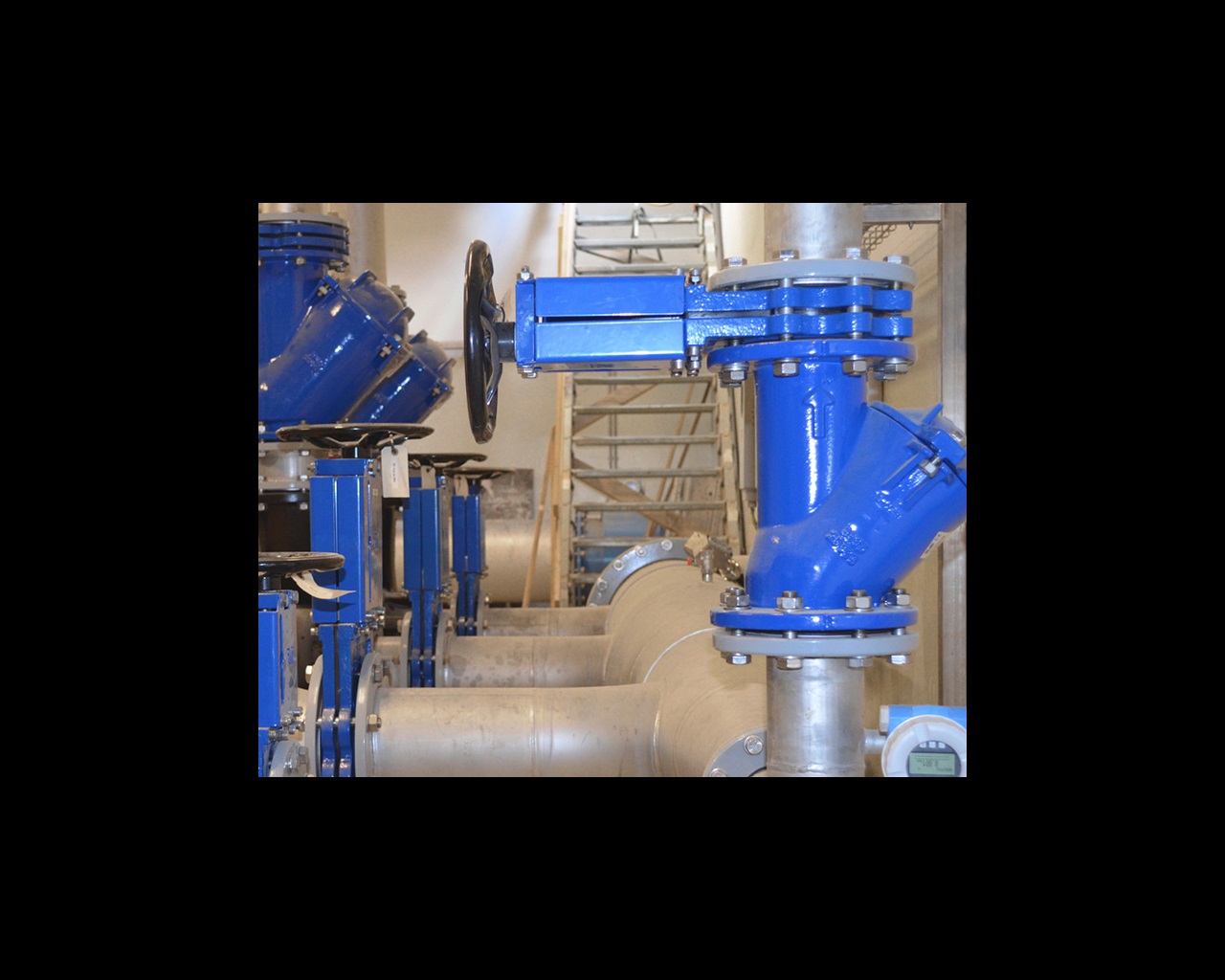



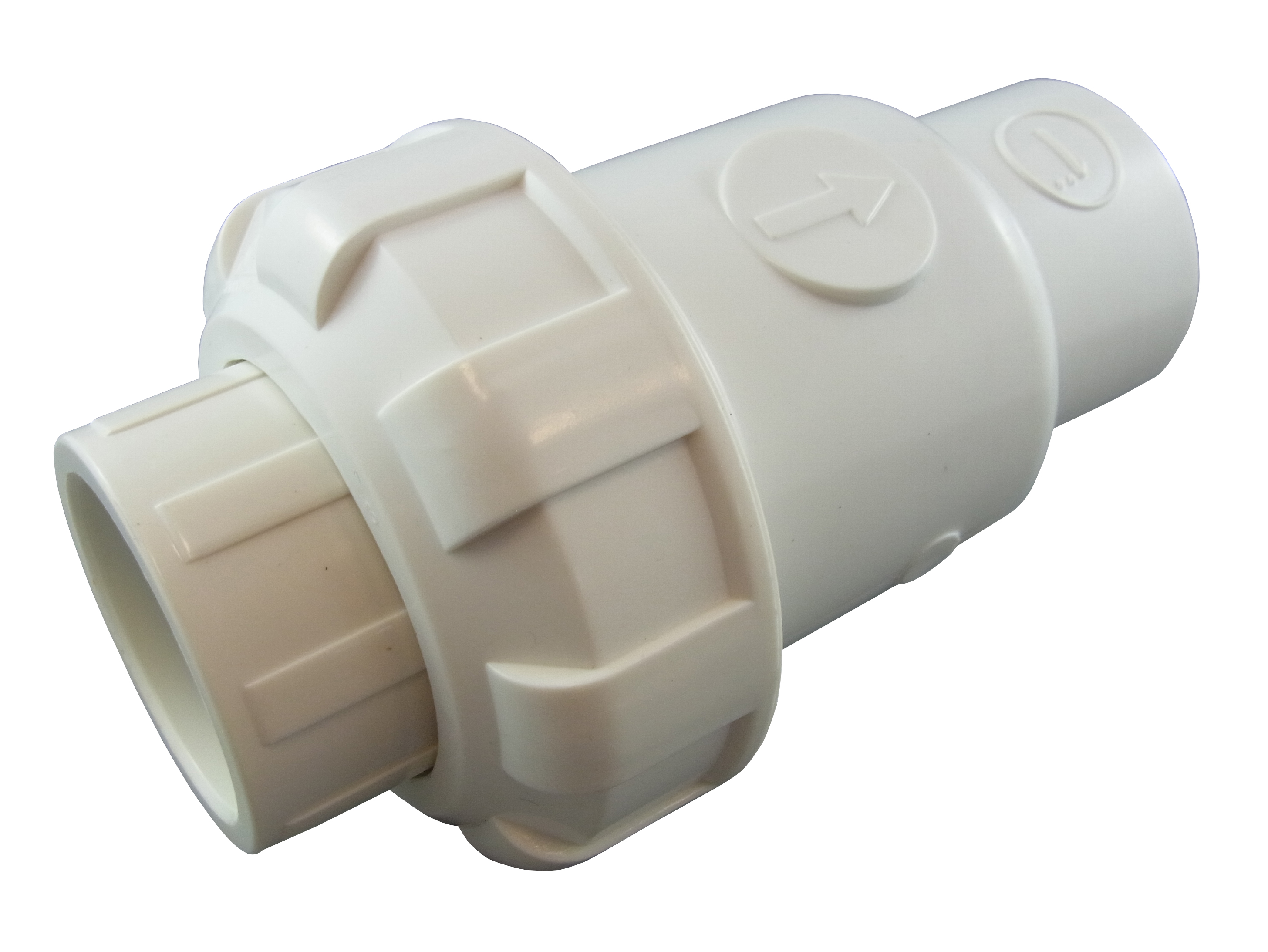
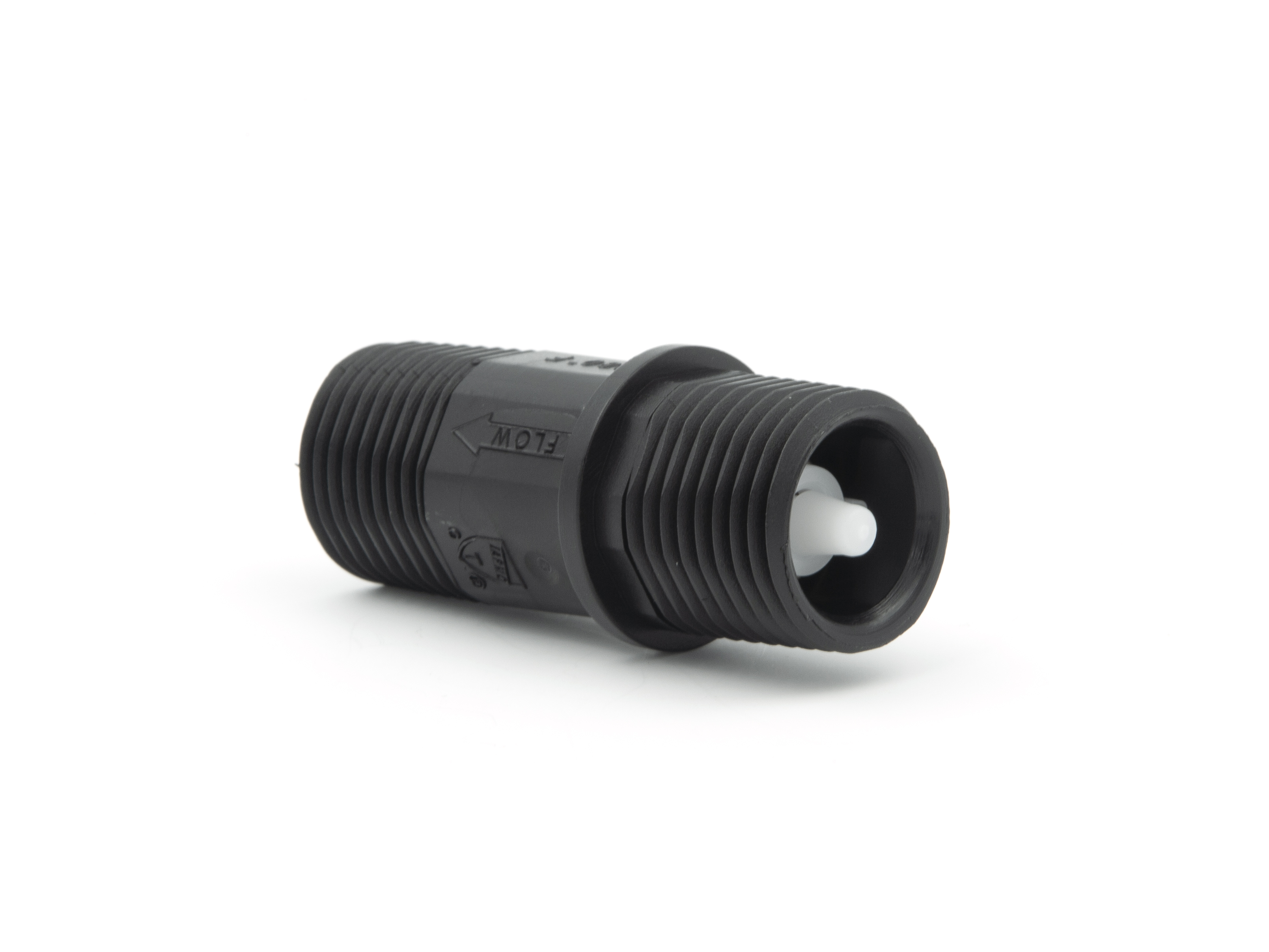
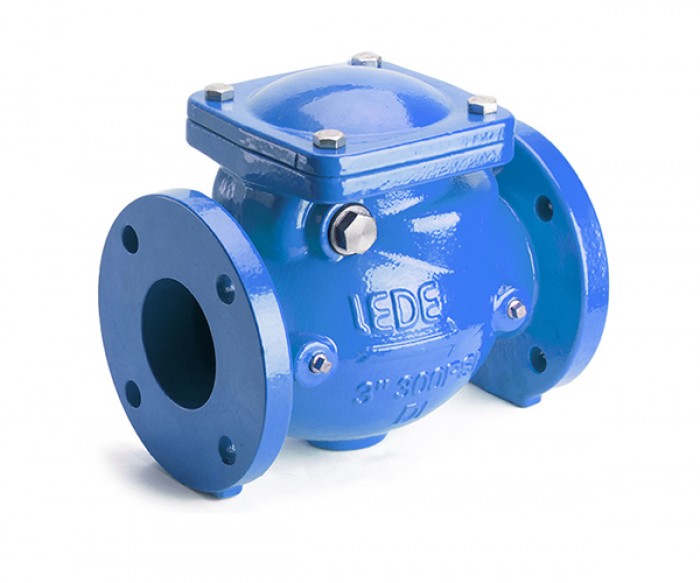
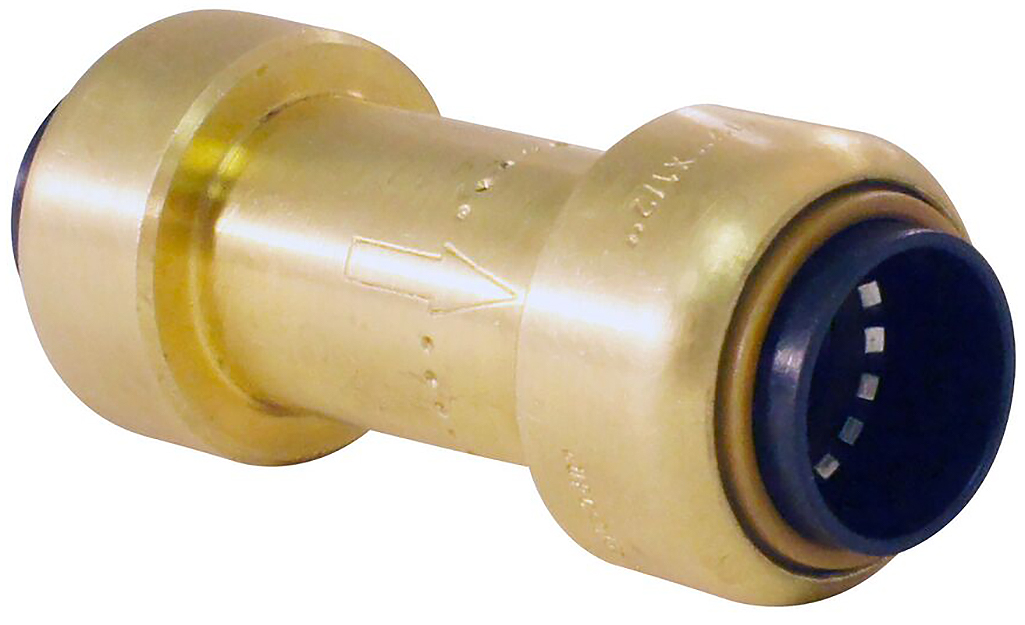





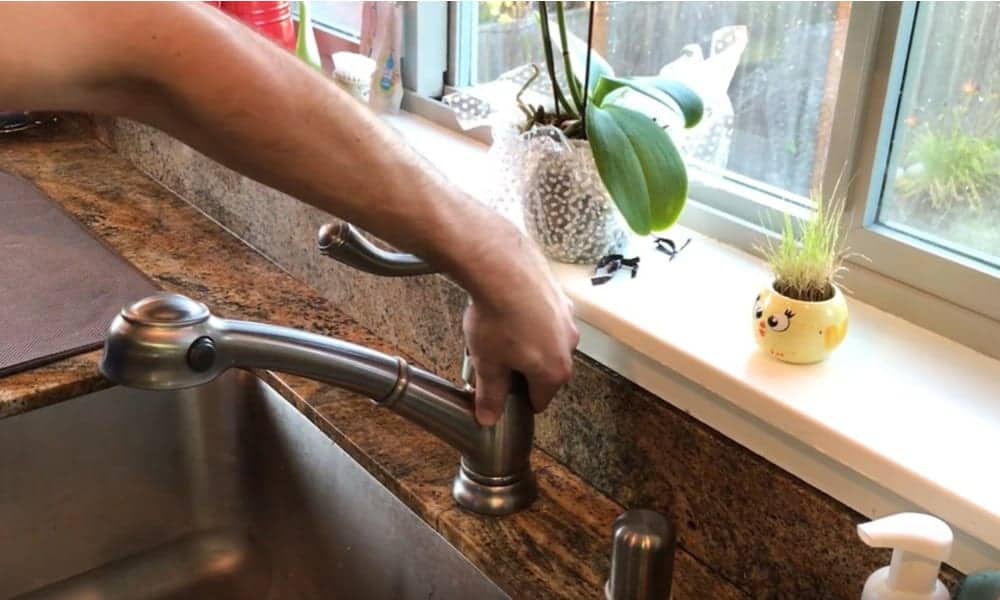



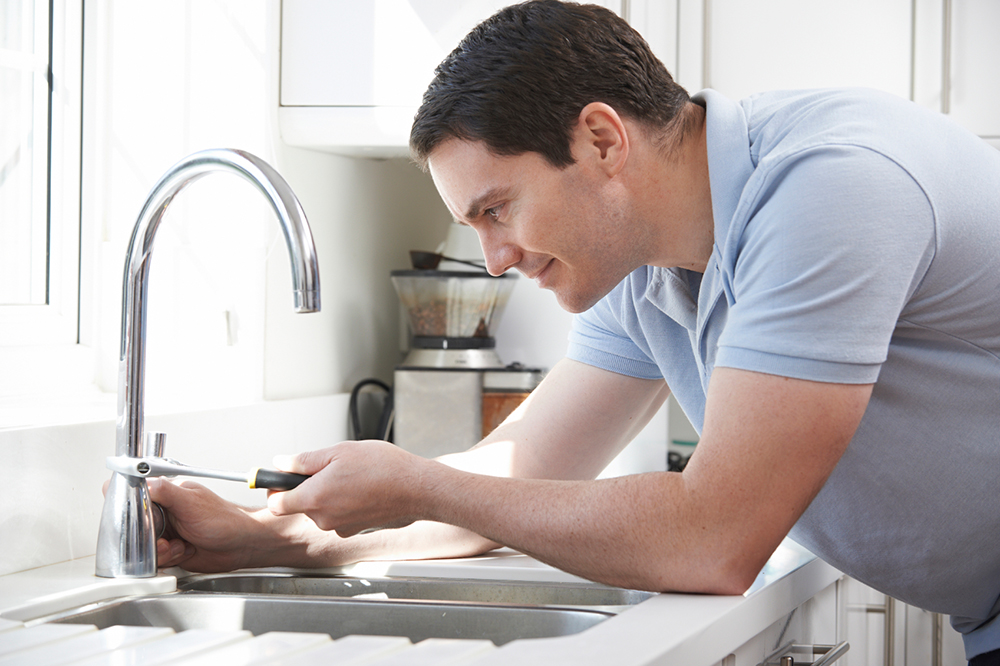
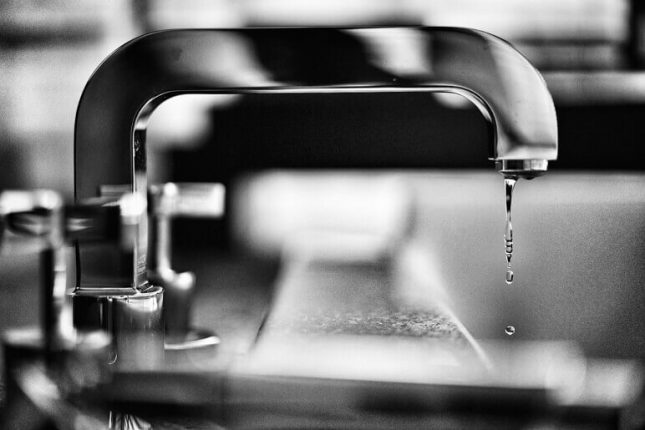
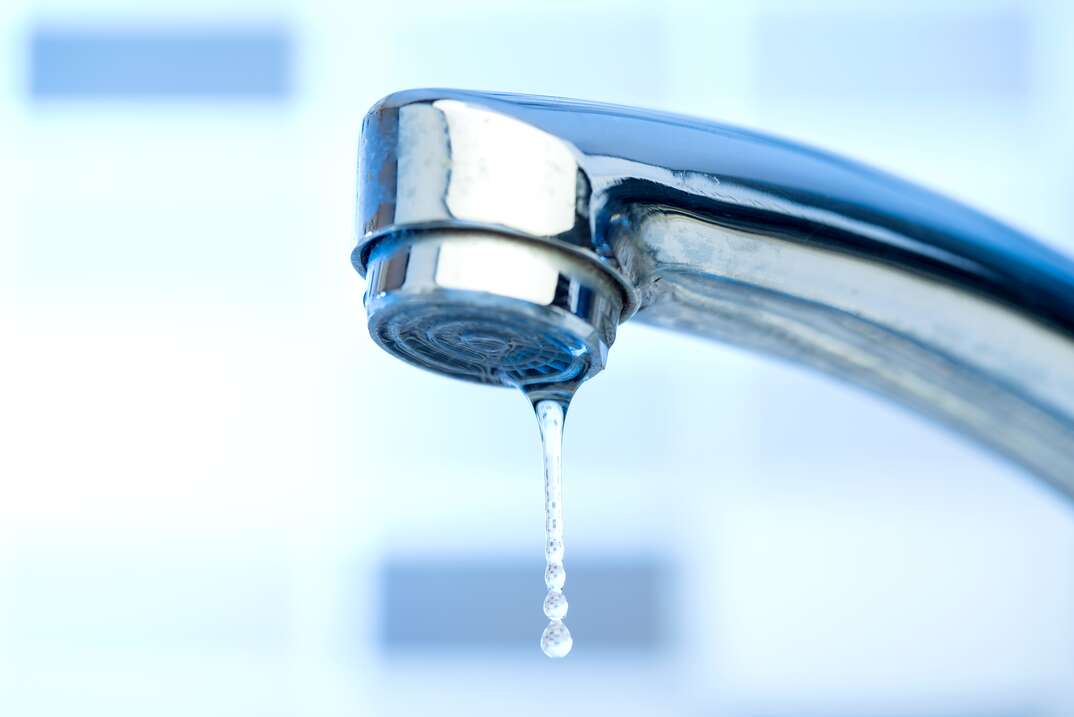
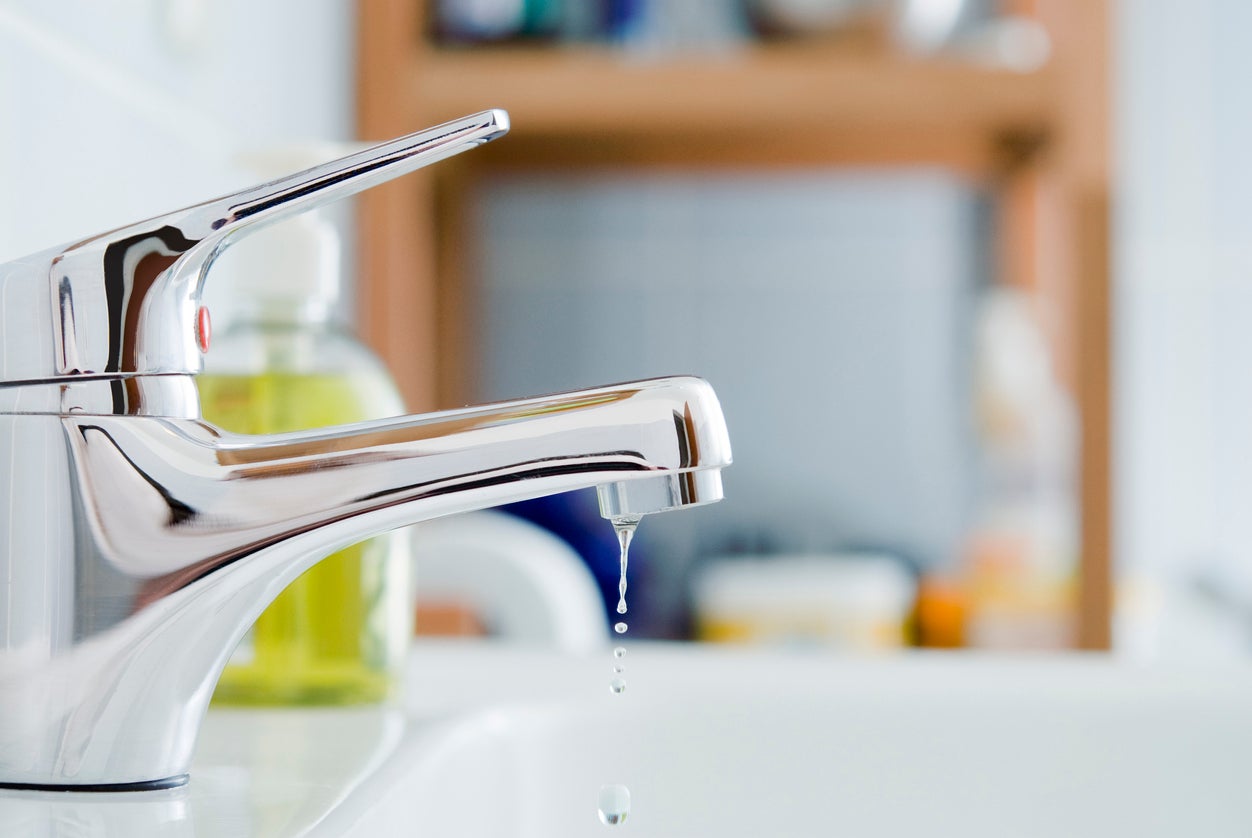



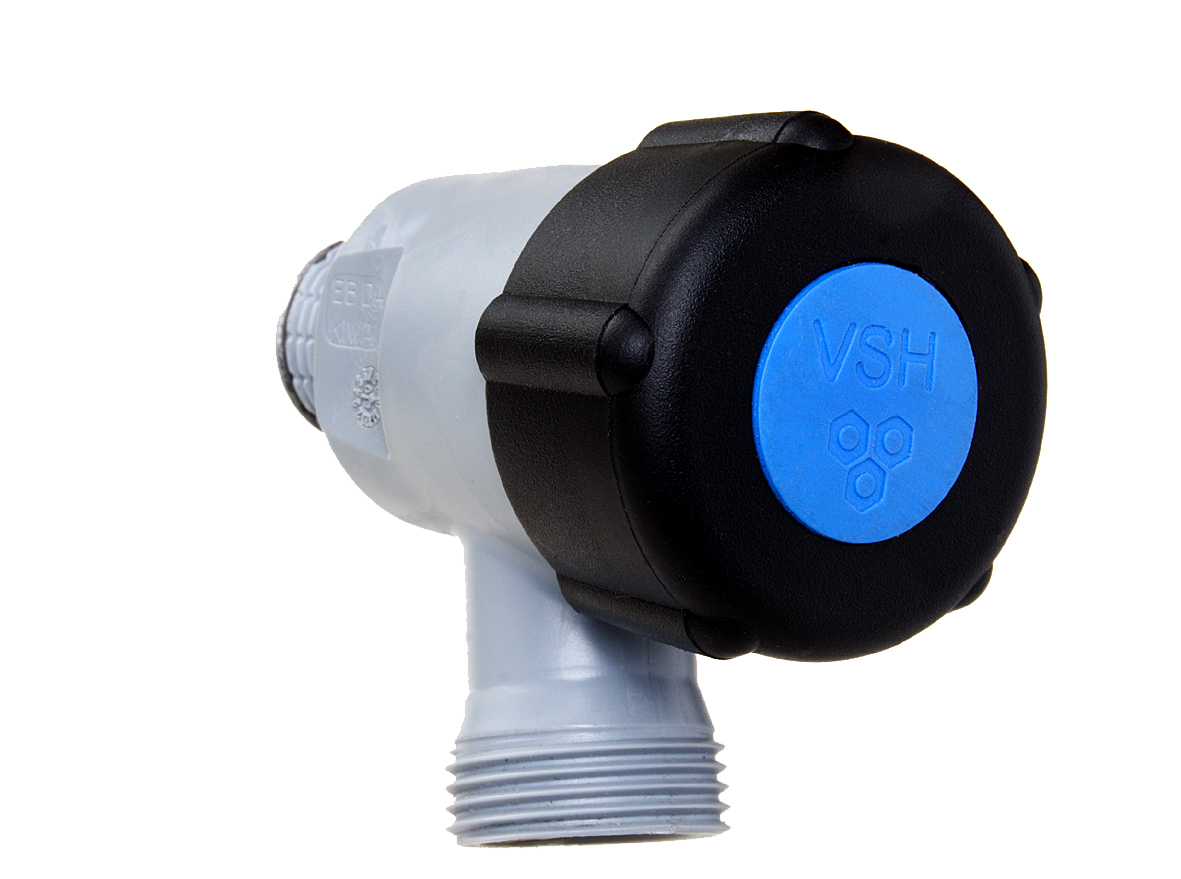







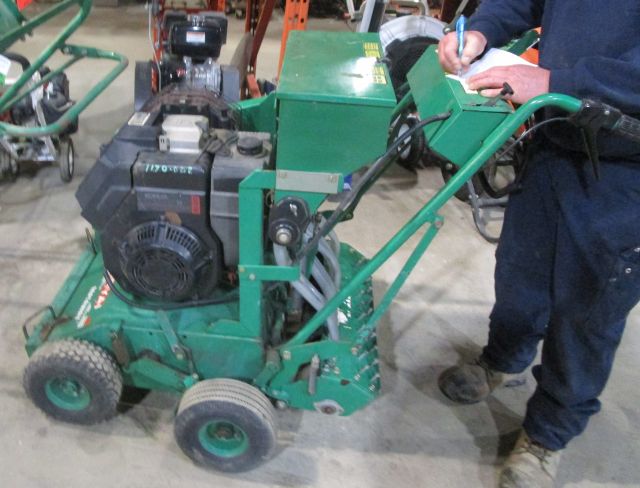
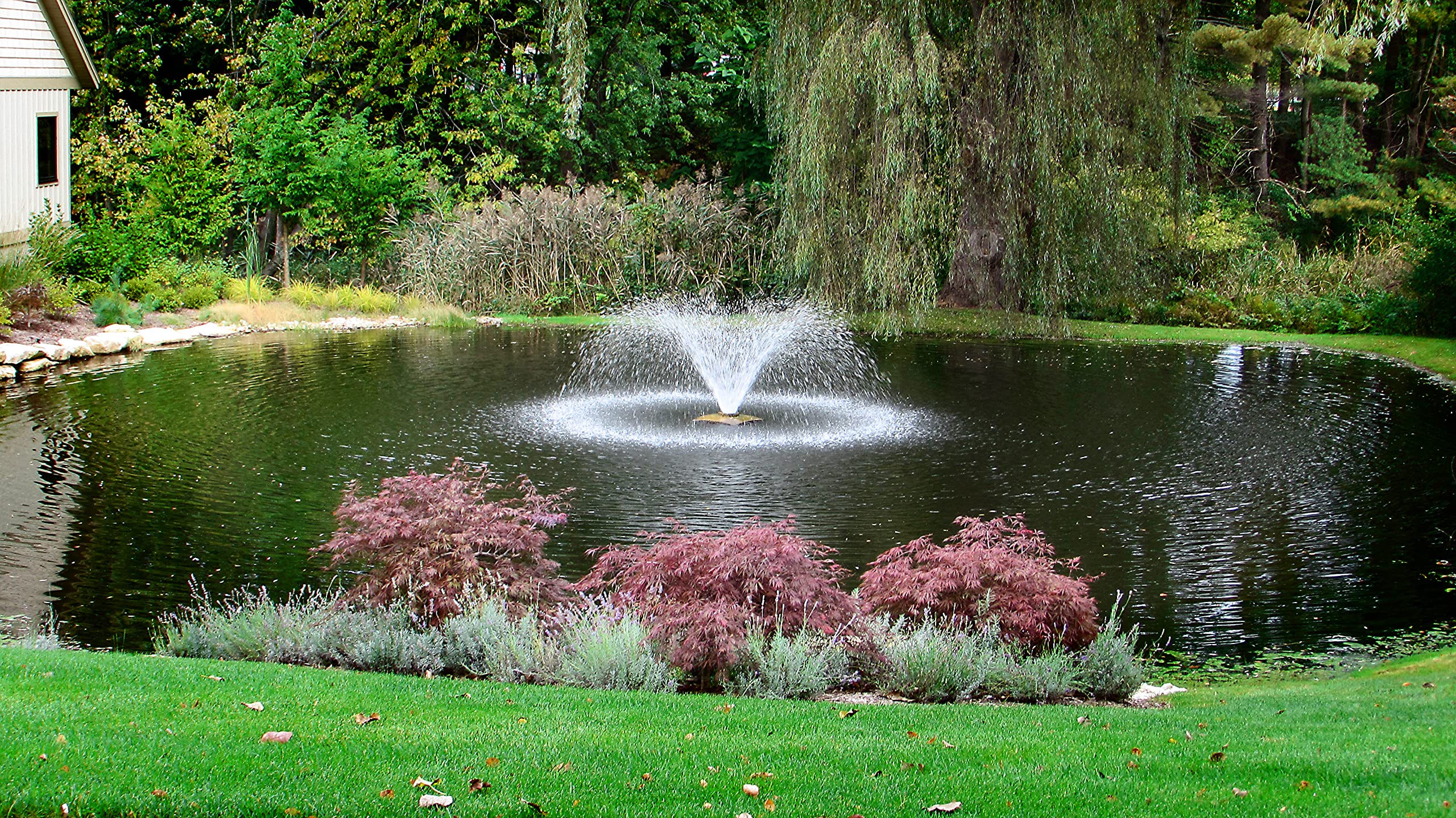






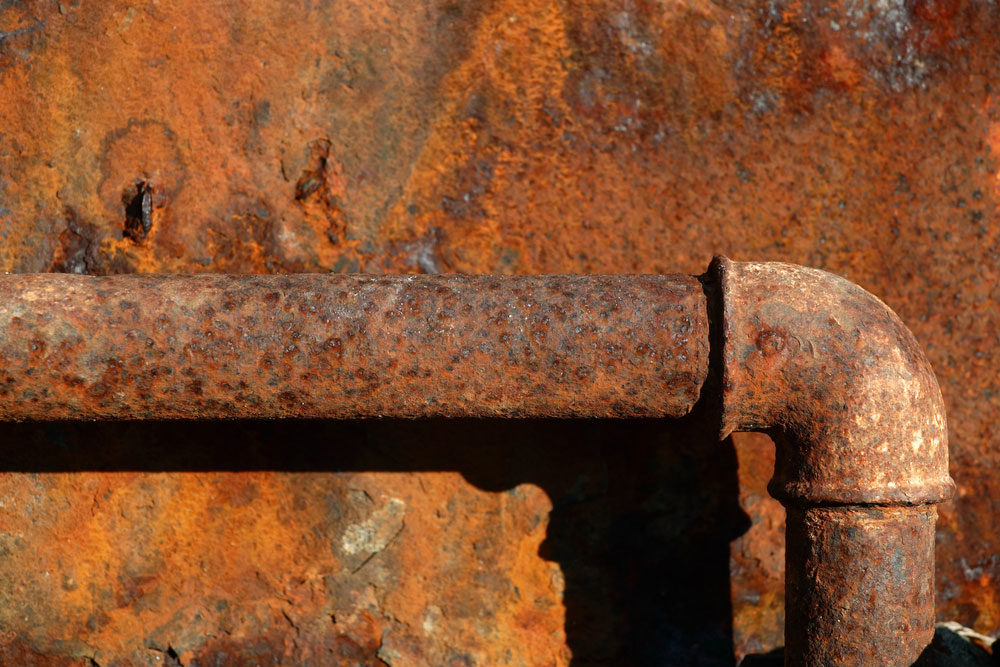



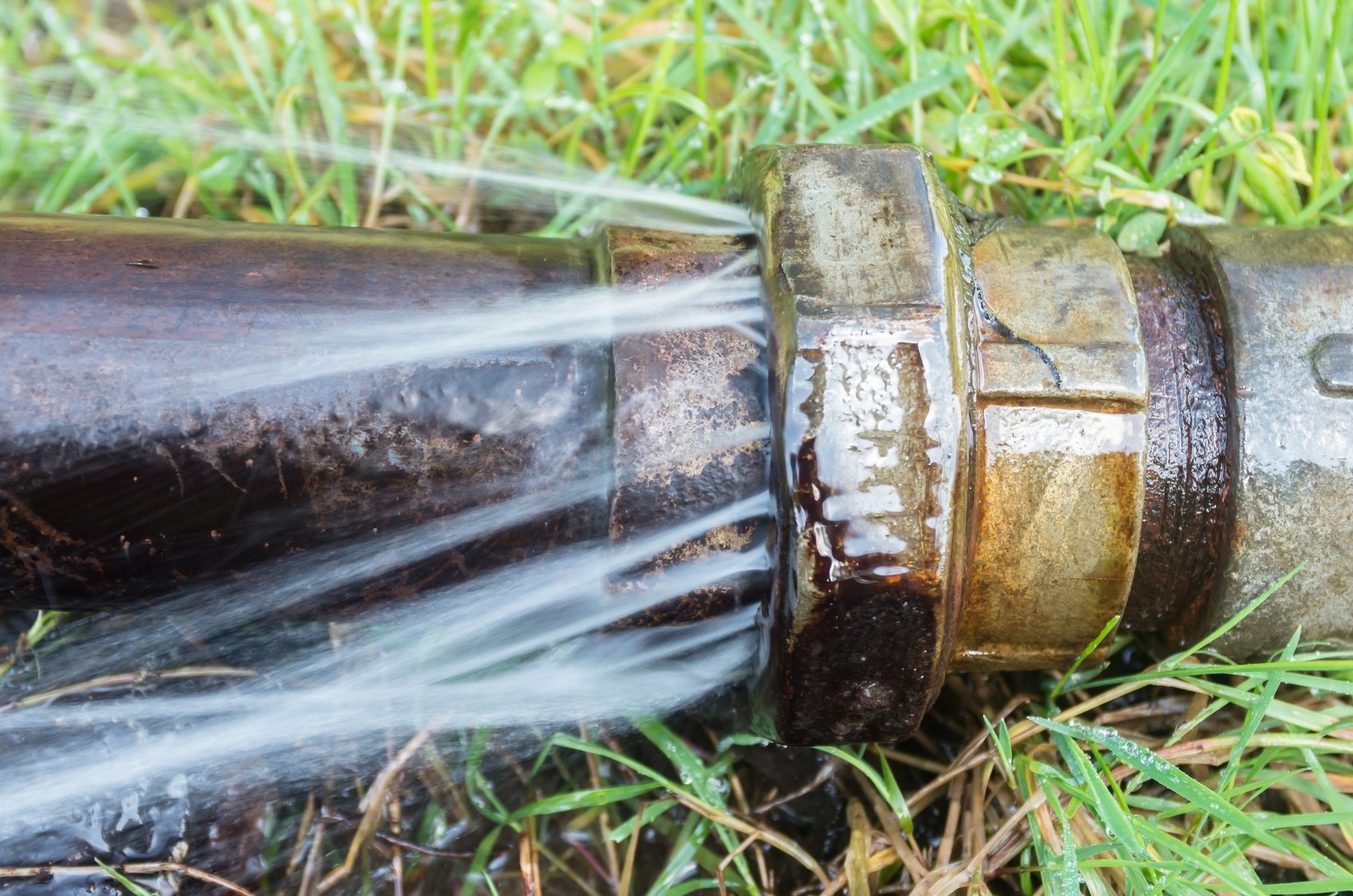

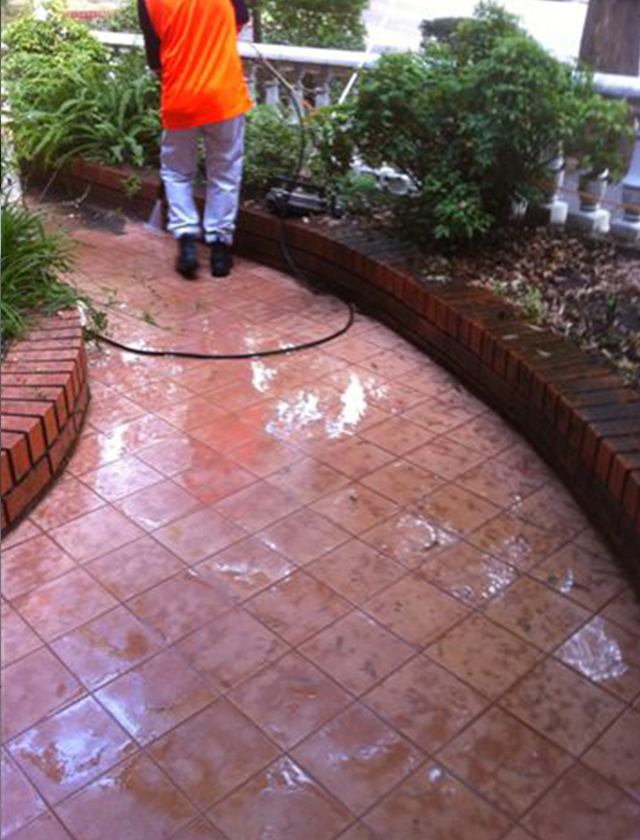
/93097679-56a73c295f9b58b7d0e81657.jpg)
:max_bytes(150000):strip_icc()/testing-water-pressure-in-your-home-2718692-04-c37ab3236d0d4b61b87079ebf9ef823e-c1e1ef0104fb44778a287bd9bb5ec140.jpeg)
/testing-water-pressure-in-your-home-2718692-hero-98f45508ca5d44b6b551034ac5cedab5.jpg)
:max_bytes(150000):strip_icc()/the-men-s-hand-opens-the-ball-valve-on-the-collector-1006810456-5c5fc73fc9e77c000159c4af.jpg)

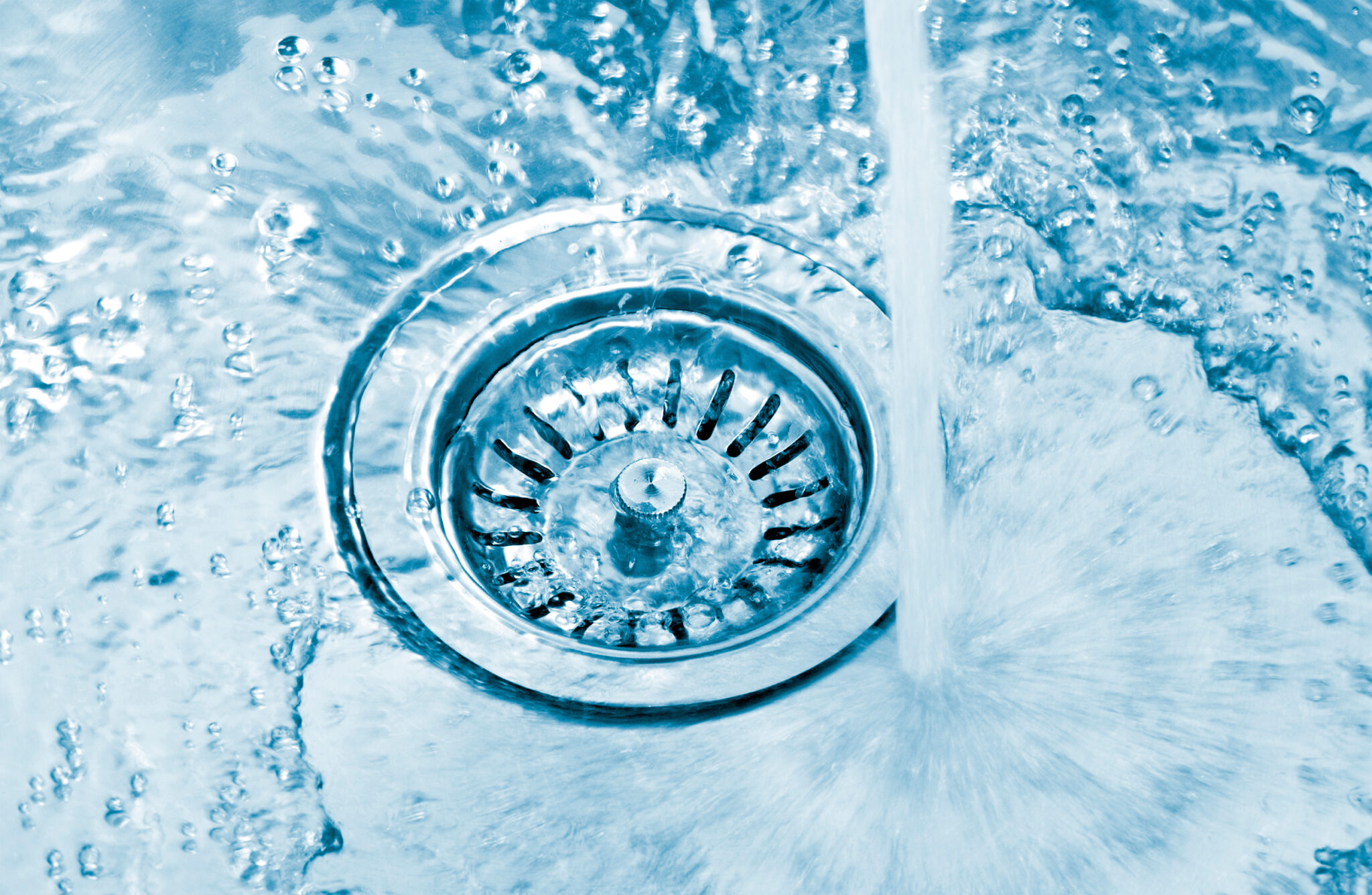

/JodiJacobson-waterpressure-5b9bf850c9e77c0050a2d8aa.jpg)

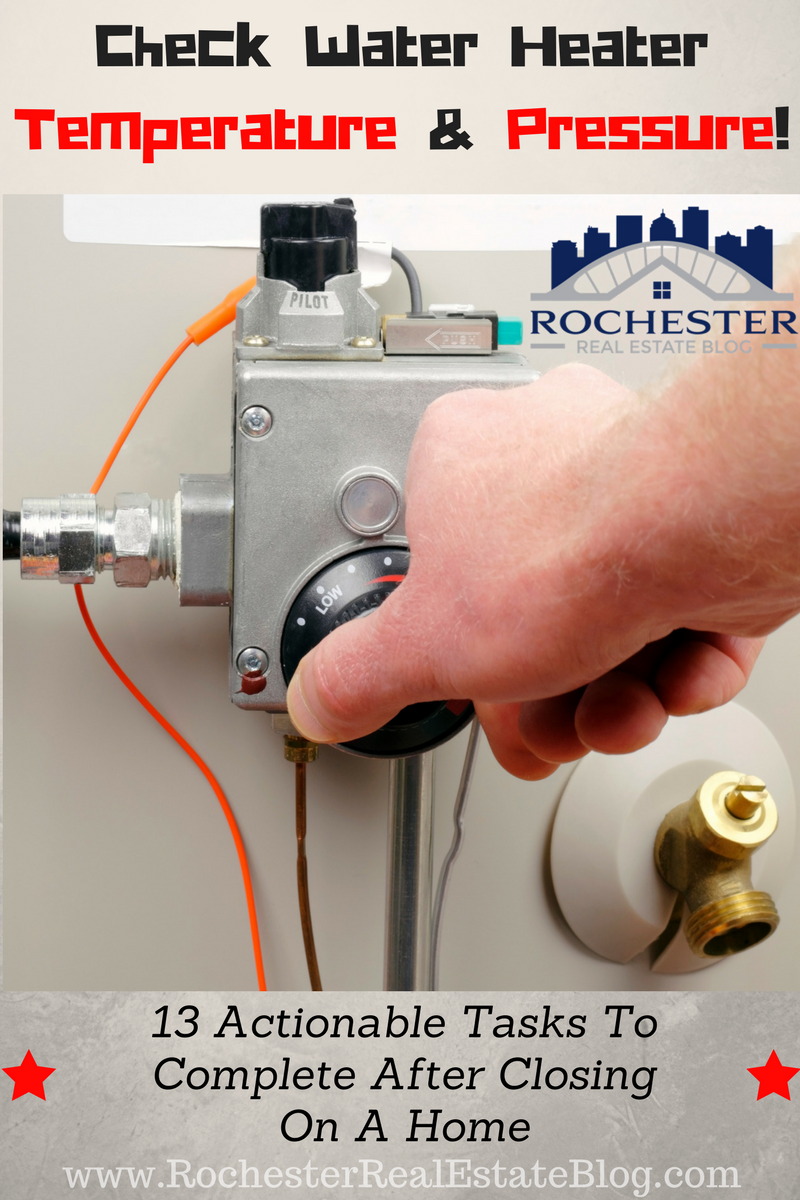
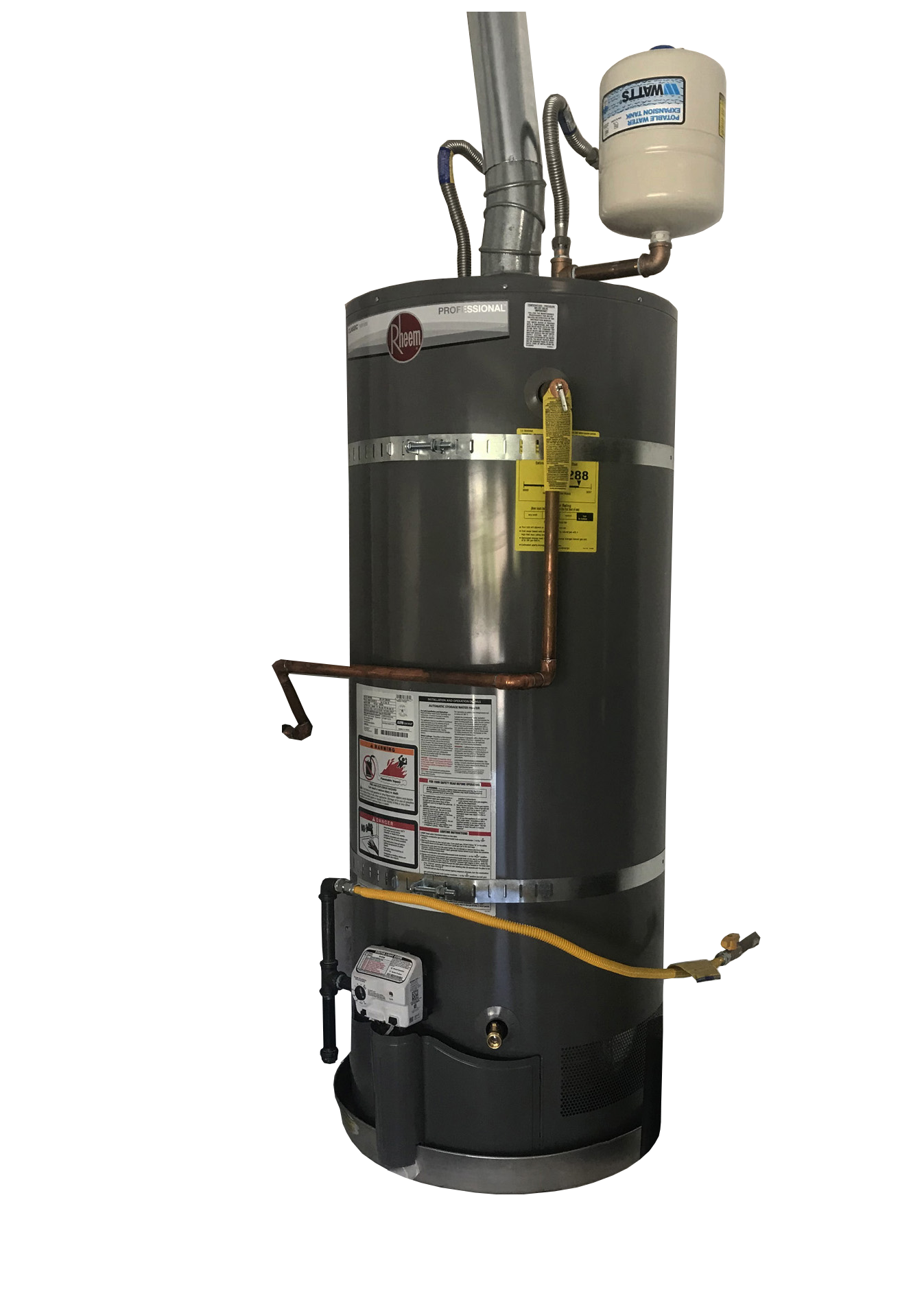


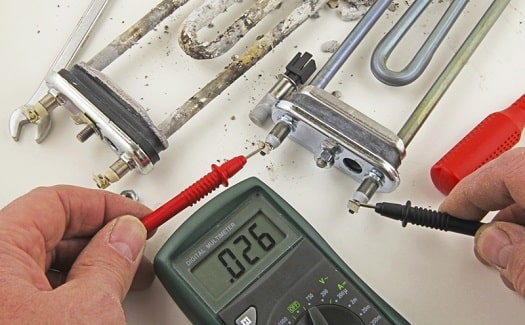

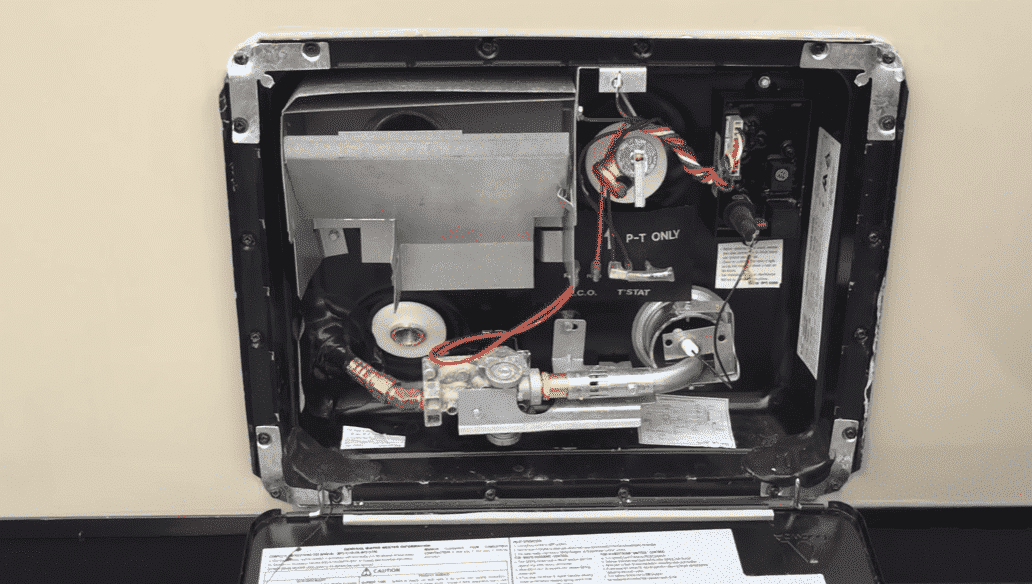

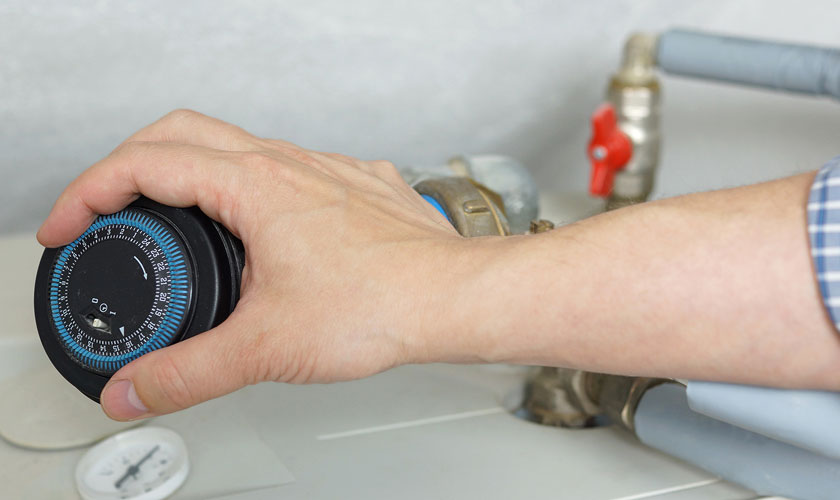

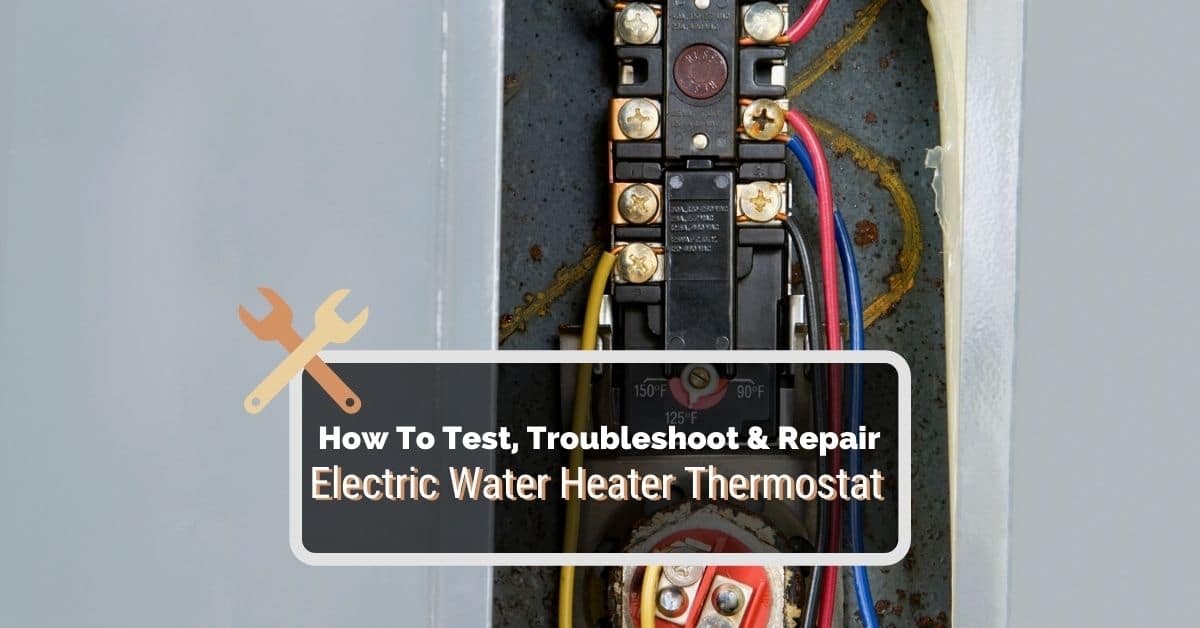
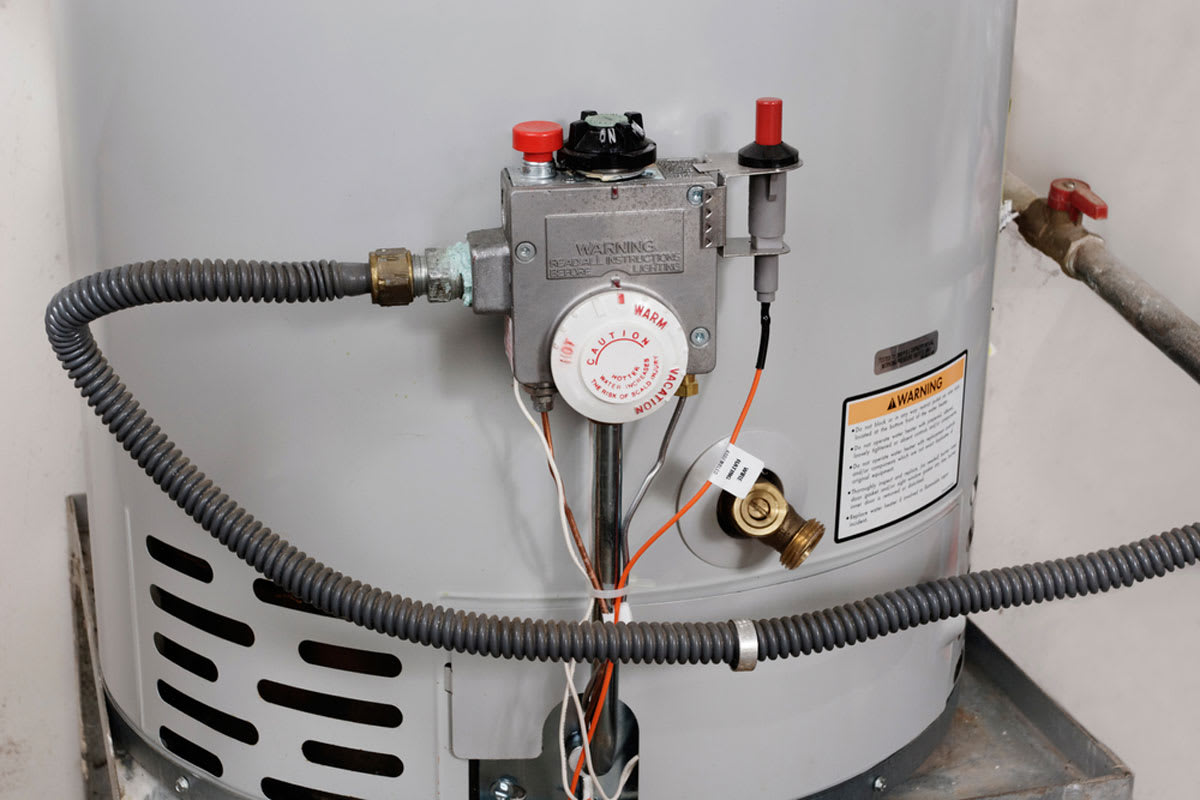




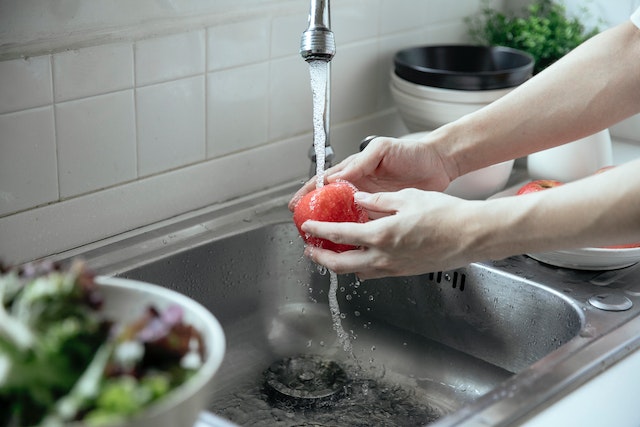

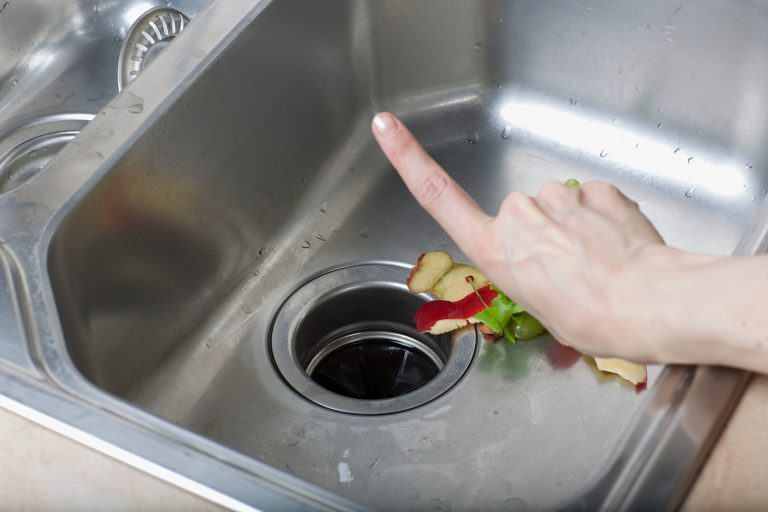











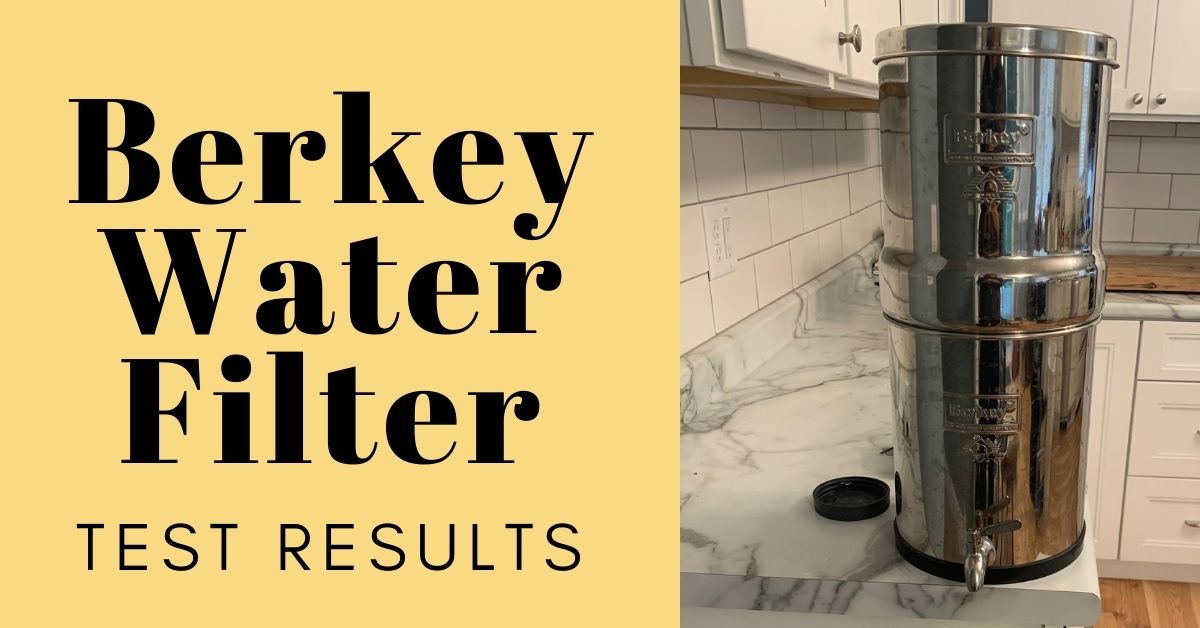
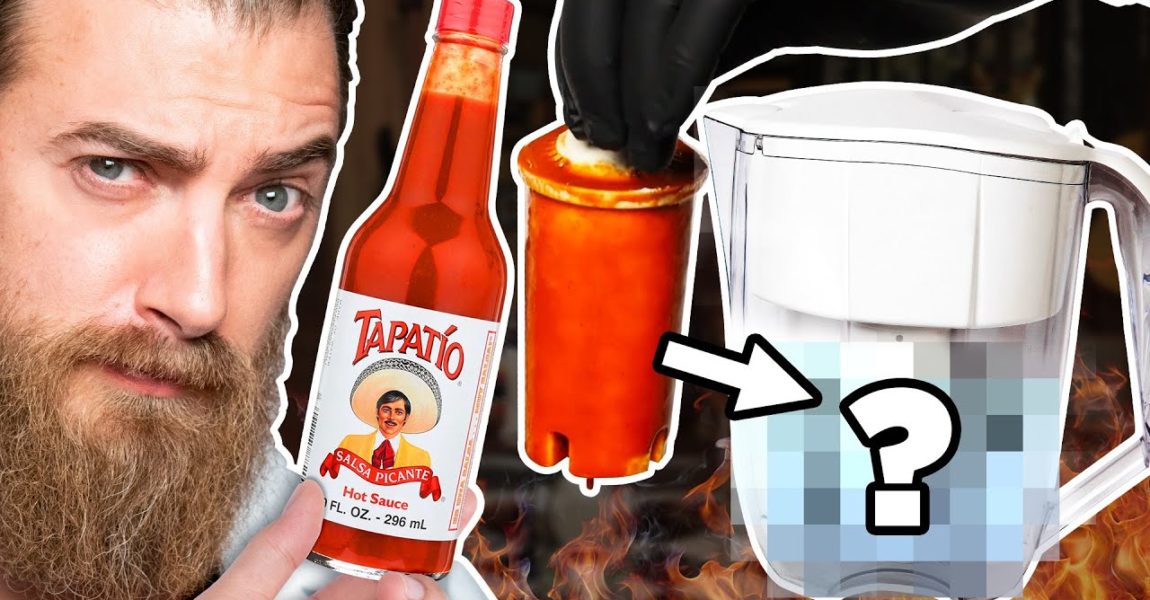
/cdn.vox-cdn.com/uploads/chorus_image/image/63879746/WaterFilter_2.0.jpg)








